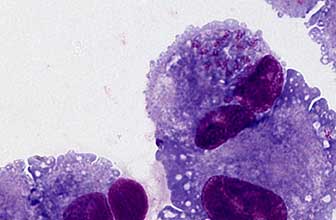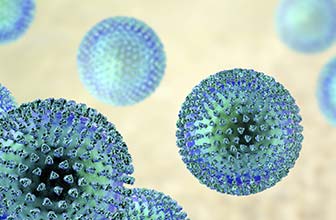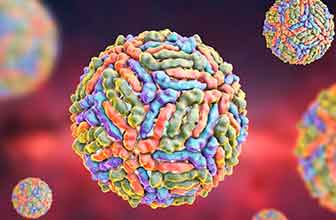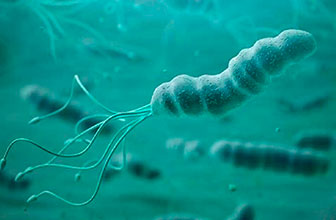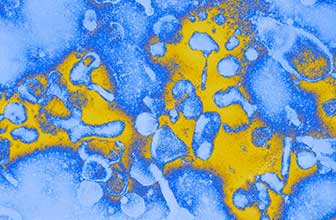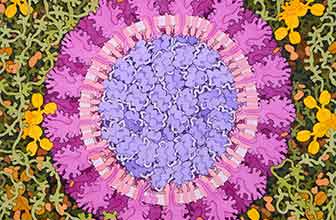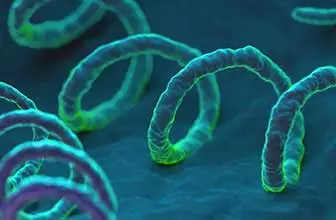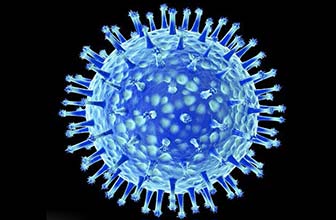Infectious disease
Typhoid Fever
Typhoid fever is a disease caused by the bacteria Salmonella typhi. The transmission of the bacteria occurs through the ingestion of food or water contaminated with feces from an infected person. The symptoms are generally high fever, headache, stomach pain, constipation or diarrhoea, which can become complicated and lead to delirium and immobility, bleeding and intestinal perforations, even causing death. As treatment antibiotics are used and as prevention hand washing, avoiding drinking untreated water, not eating raw fruits and vegetables, and vaccination are recommended. The diagnosis of typhoid fever is made by culture of tissues or body fluids, detection of antibodies or PCR.
Typhoid fever is rare in developed countries, but it remains a serious health threat in developing countries, especially for children. This infection is one of the main causes of mortality and morbidity in the world, causing more than 11 million patients and more than 120 thousand deaths per year.
References of Typhoid Fever
RECOMBINANT ANTIGENS
Name, references, and description
Brochures
Videos
Specialists in IVD reagents for infectious disease diagnosis
We ensure a commitment to absolute confidentiality regarding all information received and generated related to your project.
-
[[carrito.product.name]]
- [[sku.sku]]
Or if you prefer...
We will analyze your request to prepare a quote tailored to your needs.
-
[[carrito.product.name]]
- [[sku.sku]]
As manufacturers, we can adapt our products to your needs.
Contact us!

